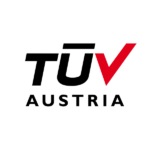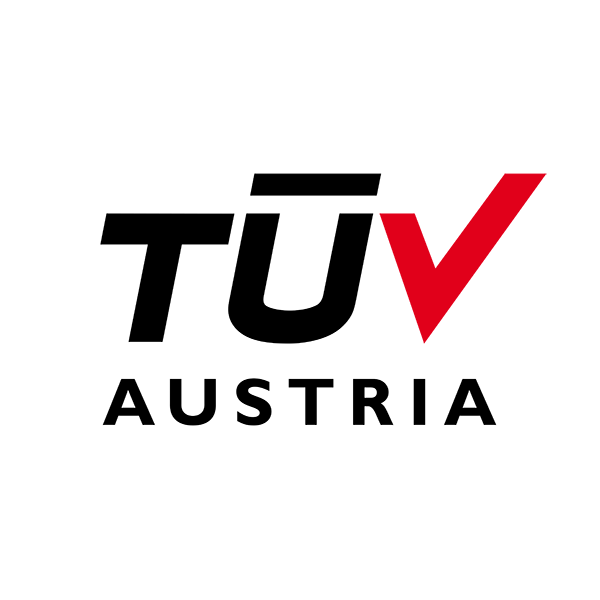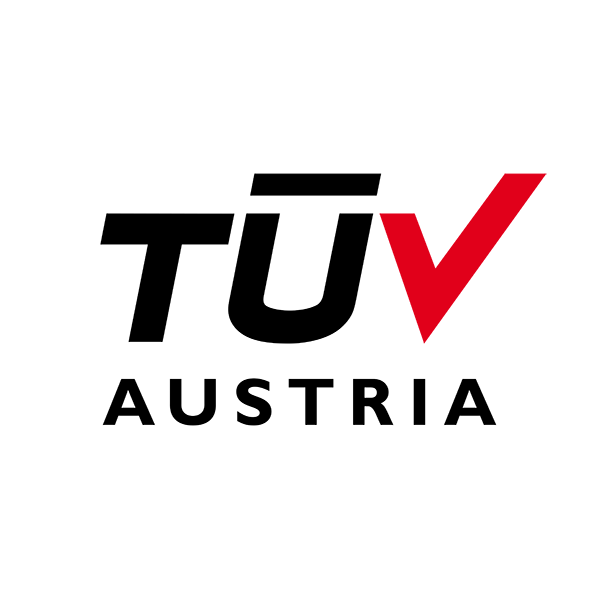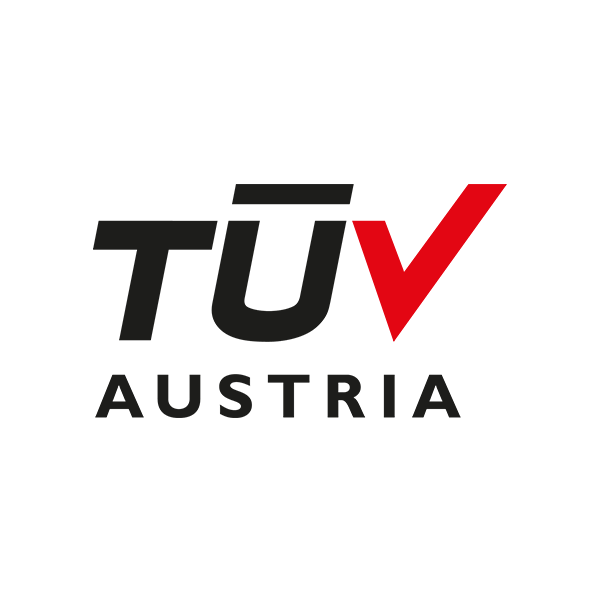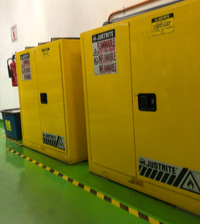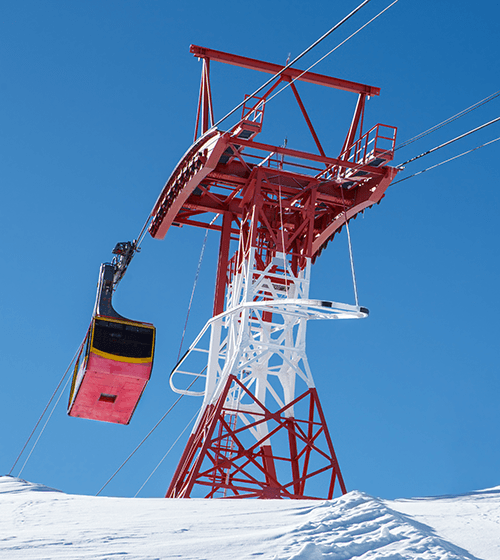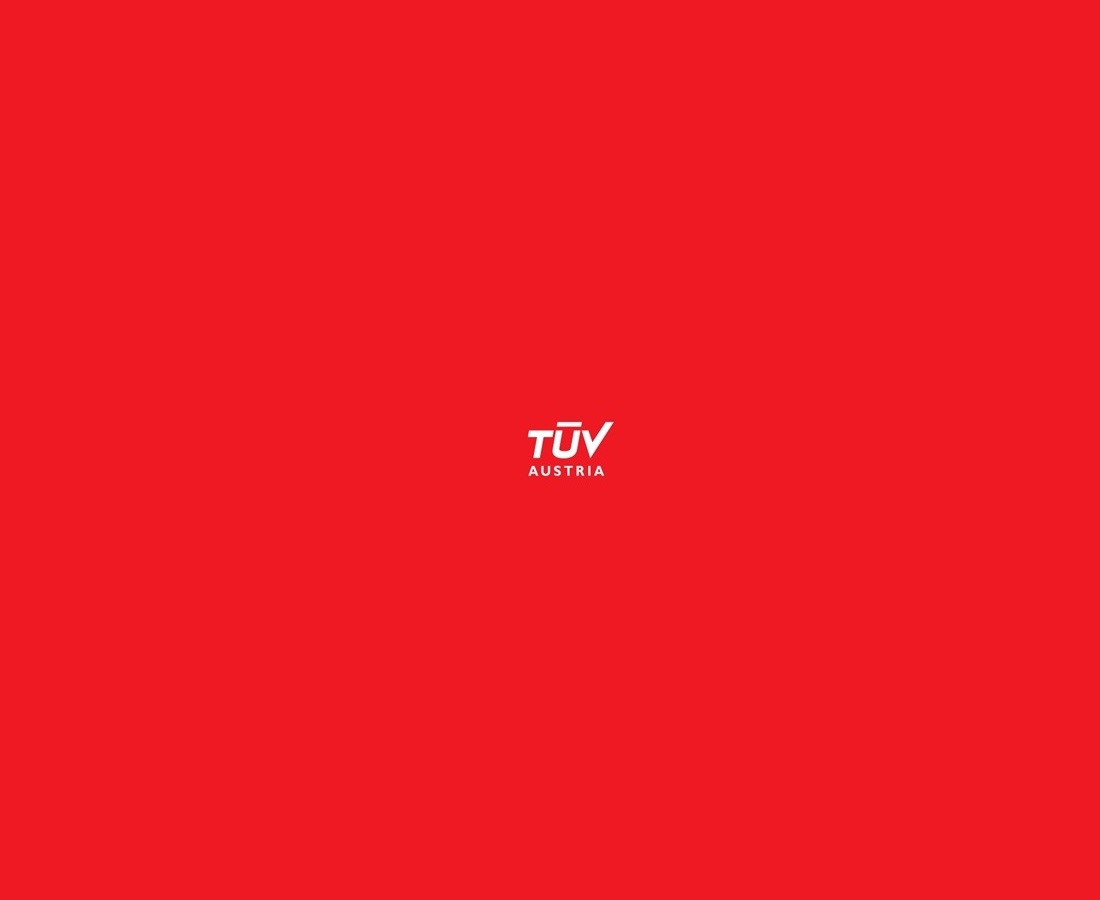Solution: Quality Management Aerospace Industry | EN 9100
Solution: Quality Management Aerospace Industry | EN 9100
TÜV AUSTRIA certification EN 9100
In which region do you need this solution?
- All regions
Certification Procedure EN 9100
- 1.
Briefing
- 2.
Comissioning
- 3.
Pre-audit (optional)
- 4.
Level 1 certification audit
- 5.
Level 2 certification audit
- 6.
TÜV AUSTRIA certificate
- 7.
Surveillance audits
- 8.
Re-certification audit
Accreditation
Information, Target Group & Requirements
Safety and quality are crucial in the aerospace industry. EN 9100 is a globally recognized standard related to quality management for development, production and maintenance in this sector. It was developed by the IAQG (International Aerospace Quality Group) and the European Association of Aerospace Industries – Standardization (AECMA-STAN). The AECMA (European Association of Aerospace Industries) has now been replaced by the ASD (AeroSpace and Defense Industries Association of Europe). The standard contains the requirements on the quality management system according to ISO 9001 and specifies supplementary requirements and definitions for the aerospace industry. ISO 9100 helps with the standardization of the numerous company-specific requirements on quality management systems.
The IAQG has created the OASIS (Online Aerospace Supplier Information System) database as a central platform that lists and shows organizations and companies accredited for a certification that have been certified pursuant to this standard.
The standard is aimed at all levels of the supply chain in the aerospace industry and can be used by organizations around the globe.
A documented quality management system that is integrated in and practiced by the organization is required.
Your certificate is valid for three years and may be used for advertising purposes in accordance with the certification regulations. The certificate is issued by our certification partner ICIM S.p.A.
Advantages
- Your claim to quality is confirmed by an independent authority, thus allowing you continuous improvements.
- Increased customer satisfaction through quality and process optimization
- Greater profitability of your company
- The certification ensures your international competitive position
- Certified companies are listed in the international OASIS online database of the IAQG where they can present themselves to potential customers
Certification Procedure
The EN 9100 assumes the same structure and requirements as ISO 9001:2015 but includes some additional requirements for the aerospace industry.
A certification process usually takes between three and five weeks. We already take your individual needs and the urgency of the certification into account during its planning. We will determine the exact effort as well as the duration and costs together with you before the certification process. This is why every certification process begins with a briefing.
1. Briefing
We will explain the procedure to obtain your certificate in a non-binding and free meeting. Amongst those items that will be clarified in this meeting are:
- Basis requirements for your certification
- Goals and benefits of the certification
- Comparison of the business data and definition of the scope of the certification
- Discussion of your specific needs and wishes
- Determination of the next steps that are needed for the certification
You will then receive an individual offer that is tailored to your organization on the basis of this briefing.
2. Commissioning
If our offer meets with your approval, the certification body is commissioned. Once you have received confirmation of your order, the certification process begins with a joint agreement of the timetable with the responsible auditor(s).
3. Pre-audit (optional)
A pre-audit can be carried out on request. However, this is not an essential requirement for certification.
Either specific areas and/or processes or the overall situation in your organization will be audited on the basis of a jointly defined framework. Any weak spots in the documentation and implementation of the system will be identified here. A pre-audit can provide you with a status report regarding the basic suitability for certification, a detailed expertise on individual processes or the conformity with individual requirements of the respective standard on request. The audit method hereby corresponds to that of the certification audit.
4. Level 1 certification audit
The level 1 audit serves to determine whether you are suitable for certification. Location-specific conditions are assessed and any necessary information with respect to the scope is collected. The level 1 audit primarily deals with the following main points:
- Verification of the documentation for conformity and completeness compared to the requirements of the standard.
- Status of the implementation of the management system within the company: Does the existing management and the level of implementation of the management system in the organization allow a certification in principle, or are any crucial details missing?
Before the level 2 audit is performed, an audit plan for the actual certification audit will be drafted on the basis of knowledge gained of your organization and the management system and jointly agreed upon with you.
5. Level 2 certification audit
During the level 2 audit, the efficacy of the management system in place in your company will be verified. Random checks will hereby be made with respect to all of the requirements in departments and organizational units as well as along the process chain.
This audit is based on:
- The audit plan
- The respective certification standard and/or individual standard requirements specified therein
- Organization-specific documents
- General and industry-specific principles (laws, additional, industry-specific, necessary standards,..)
Following an analysis and assessment of the results, you will be informed of the outcome of the audit and any deficiencies or deviations during the final review. Corrective measures will be specified in the event of deficiencies. Subsequently, a root cause analysis and any specific documented measure will once again be verified by the audit team.
6. Issue of the certificate
The actual certification will be issued by the certification body of TÜV AUSTRIA following a successful audit and reporting on the basis of the audit report. Provided the following certification requirements have been satisfied, there is no reason why the certificate should not be issued promptly:
- Documentation and implementation of the management system
- Certification agreement (confirmation of the certification offer, the certification regulations and the T&Cs )
- Positive outcome of the audit and thus a corresponding recommendation by your audit team to the certification body
A certificate will be issued for a period of 3 years. In order to maintain the validity of the certificate over its entire term, an annual surveillance audit has to be performed with a positive outcome (12 months and 24 months after the certificate has been issued).
7. Surveillance audits
The annual surveillance audit verifies the efficacy and further development of the management system through random sampling. Surveillance audits are shorter than a normal audit and cover the deficiencies discovered in the last audit along with various key points of the requirements in the standard.
8. Re-certification audit
This has to be carried out before the certificate becomes invalid (usually after three years). In a re-certification audit (often also referred to as a repeat audit), all of the requirements are checked at random, the same as for a certification audit. The effort required for this repeat certification is less than that for an initial certification.
Following a positive decision on the certification, a new certificate valid for a further three years will be issued that also has to be confirmed by an annual surveillance audit.
